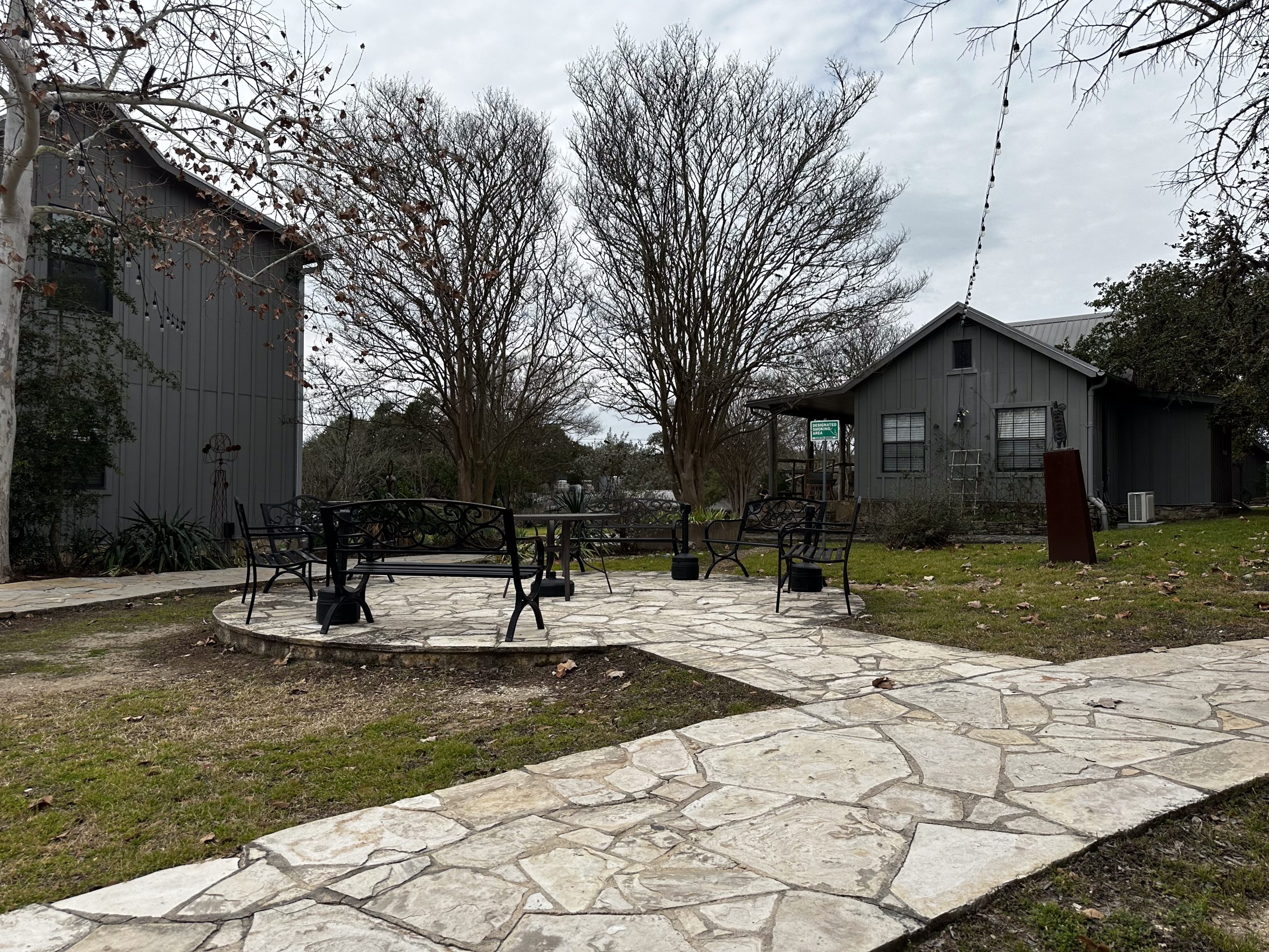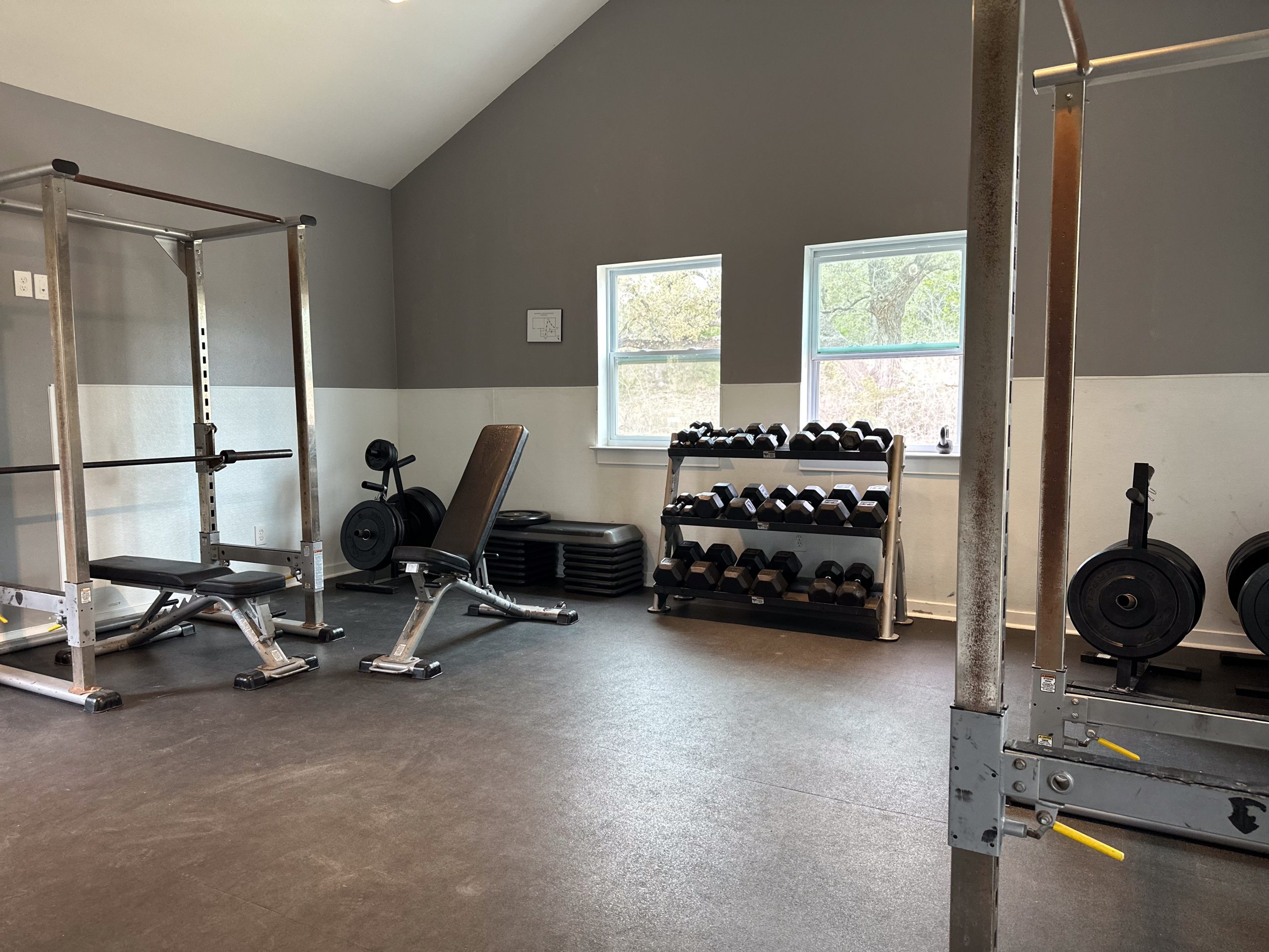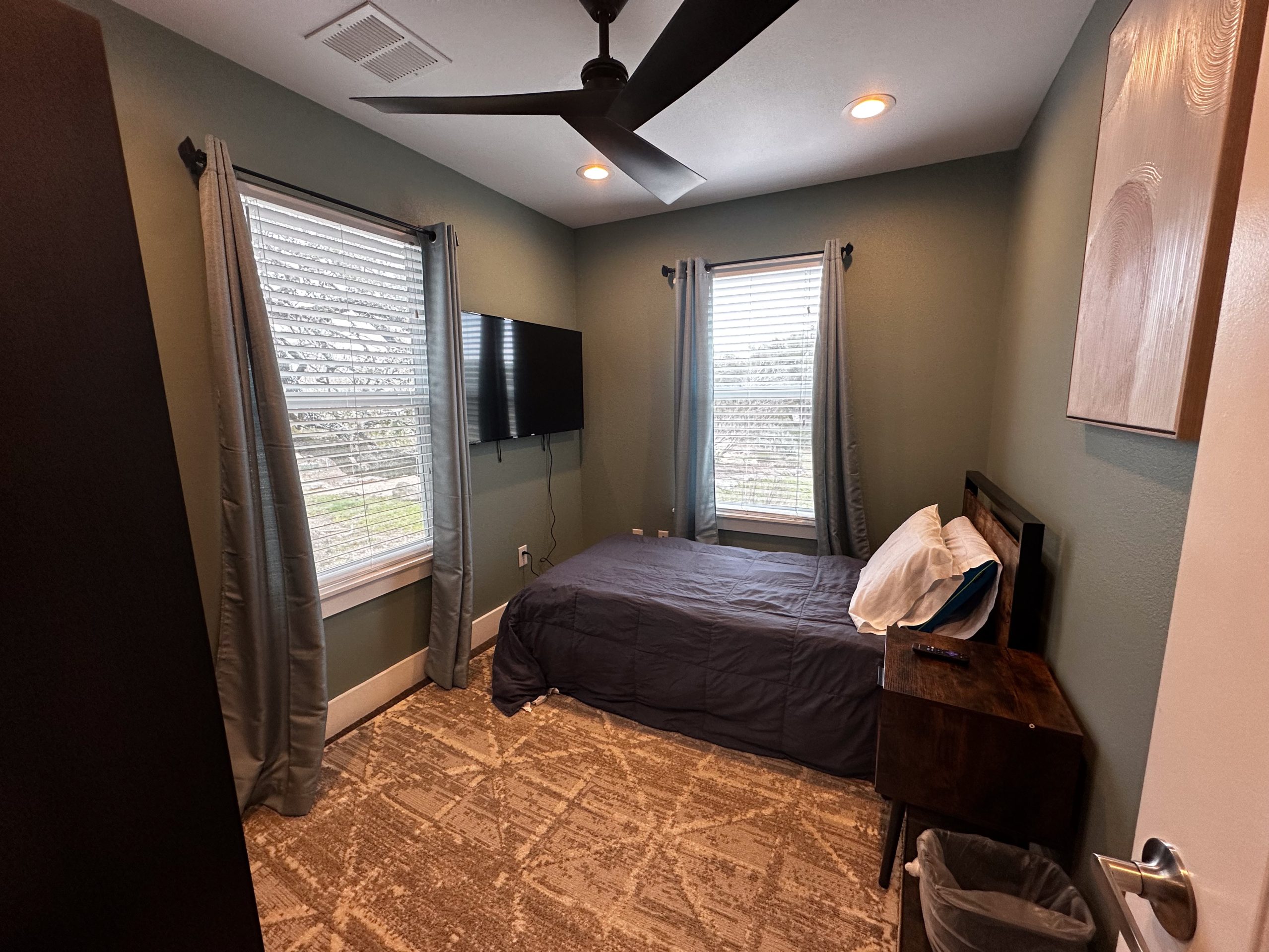Strattera Addiction Treatment and Side Effects
GET HELP TODAY!
100% Confidentiality Guaranteed


Quick Facts: What to Know About Strattera (Atomoxetine)
- Non-stimulating treatment for ADHD — Strattera (atomoxetine) is a selective serotonin-norepinephrine reuptake inhibitor (SNRI), offering an ADHD therapy option without the typical stimulant properties.
- Lower potential for misuse — While not a controlled substance, Strattera carries a lower risk of addiction compared to stimulant ADHD medications, though psychological dependence and misuse are possible.
- Delayed onset of therapeutic effect — Effective symptom relief may require 4 to 8 weeks of consistent dosing to become noticeable.
- Distinct side effect profiles — Common side effects vary by age group:
- In children/teens: nausea, appetite loss, dizziness, mood swings, upset stomach.
- In adults: constipation, dry mouth, insomnia, fatigue, sexual dysfunction, and menstrual cramps.
More serious risks may include elevated blood pressure, heart rate, or suicidal ideation—especially in adolescents.
- Safe discontinuation, but misuse carries risk — Strattera generally doesn’t require a taper; however, abrupt misuse, switching behavior, or dosage escalation can increase the risk of substance use disorder.
Table of Contents
What is Strattera?
Strattera, the brand name for atomoxetine, is a prescription drug used primarily to treat attention-deficit hyperactivity disorder (ADHD). It differs from most ADHD medications because it is not a stimulant. Classified as a serotonin-norepinephrine reuptake inhibitor (SNRI), it affects mood and attention by altering neurotransmitter levels. While typically used in the management of ADHD, it is also prescribed off-label for certain mental health conditions like bipolar disorder and anxiety.
Approved by the Food and Drug Administration (FDA) in 2002, and available in generic form since 2017, Strattera has a lower potential for abuse than stimulant drugs. It is not classified under controlled substances and does not produce euphoric highs, which lowers its addictive potential. However, misuse of Strattera can still lead to dependency or progression to other prescription drugs or illicit substances.










How Does Strattera Work?
Strattera increases norepinephrine levels in the brain by inhibiting its reuptake. This process helps regulate mood, impulse control, and focus. Unlike stimulant medications, Strattera does not directly increase dopamine. Because of this, it doesn’t produce a “high” feeling, but it can still play a role in managing ADHD symptoms.
Strattera is typically administered in capsule form with dosages ranging from 10 to 100 mg. Doctors usually start patients on a lower dose and gradually increase it based on their response. It can take four to eight weeks to feel its full effects.
Patients are advised to not crush, chew, or break capsules. Proper dosing and adherence to prescribed guidelines are critical, as misuse can increase the risk of adverse outcomes.
Is Strattera Addictive?
Although Strattera is not a stimulant, there is still a chance for psychological dependence. While physical addiction is rare, some individuals may misuse it in an attempt to enhance concentration or control mood swings. Repeated misuse can lead to tolerance, requiring higher doses and posing life-threatening risks such as elevated blood pressure.
Long-term misuse can also lead to seeking out drugs like Strattera—especially stimulants or sedatives—for a more pronounced effect. This can increase the likelihood of developing a substance use disorder.
Strattera and Misuse
Misuse may occur through taking more than the prescribed amount, taking someone else’s prescription, or using it for purposes other than intended. While Strattera atomoxetine itself is not associated with severe withdrawal symptoms, misuse may lead to long-term dependence on other prescription medications.
Signs of misuse include:
- Visiting multiple doctors to obtain more medication
- Lying about symptoms
- Obsessive concern about the next dose
- Continuing use despite harmful consequences
Misuse of Strattera, or any ADHD medication, requires prompt substance abuse treatment to prevent escalation to more dangerous drugs.
What Are the Side Effects of Strattera?
Even when taken as prescribed, side effects are common. These can worsen if the drug is misused.
In Children and Teens:
- Nausea or vomiting
- Decreased appetite
- Dizziness
- Mood swings
- Upset stomach
In Adults:
- Constipation
- Dry mouth
- Trouble sleeping
- Menstrual cramps
- Sexual dysfunction
- Fatigue
Additional severe effects can include high blood pressure, increased heart rate, and suicidal thoughts, especially in adolescents. If any life-threatening side effect occurs, it’s critical to call 911 immediately.
Withdrawal Symptoms of Strattera
Strattera doesn’t usually produce traditional withdrawal symptoms like stimulants do. That said, suddenly stopping the drug can lead to emotional instability or a return of unmanaged ADHD symptoms. Medical professionals typically recommend tapering the dose under supervision, even though a medical detox is usually not required.
Some individuals may report mood swings or difficulty concentrating after discontinuation, especially those with underlying mental health conditions.
Strattera and Drug Testing
Strattera has a half-life of about 5 hours and is typically detectable in:
- Urine: 1–3 days
- Blood: Up to 3 days
- Hair: Up to 90 days
Because it is not a controlled substance, most standard drug tests do not screen for Strattera. However, it may still appear in extended drug panels used in rehab programs or employee assistance programs.
Addiction Treatment Options
When misuse occurs, the severity of addiction dictates the appropriate type of treatment. Fortunately, a wide range of addiction treatment options is available for those struggling with Strattera or co-occurring substance misuse.
Residential Rehab
In residential rehab, clients live on-site and follow a highly structured treatment plan that includes:
- Individual and group therapy
- Support groups
- Behavioral therapies like CBT
- Health monitoring for medical conditions
- Focus on managing mental health issues
These services offered provide a focused environment ideal for addressing both addiction and co-occurring mental illnesses.
Outpatient Rehab
Patients may attend outpatient programs while living at home or in a sober living home. This option allows individuals to:
- Participate in therapy sessions during the week
- Maintain work or school obligations
- Engage in support services and support groups
This approach is ideal for individuals with less severe symptoms or a strong support system.
Sober Living Programs
For individuals transitioning out of structured care, sober living programs provide stability and accountability. These living spaces are substance-free environments that help maintain sobriety post-rehab.
Features include:
- Routine drug testing
- Life skills training
- Community-based support groups
- Continued access to therapy and case management
Sober living may not be covered by health insurance, but many facilities offer scholarships or sliding-scale fees.
More Time. More Joy. More You. Start Now.
WE ACCEPT MOST INSURANCES







Aftercare and Continued Support
After completing initial treatment, ongoing support is essential. Options include:
- Weekly therapy sessions
- Peer recovery coaching
- Alumni programs
- Group therapy and types of therapy tailored to the individual’s needs
These programs help individuals maintain sobriety, manage health issues, and reintegrate into daily life. Those with opioid use disorder or a history of misusing controlled substances may require longer-term care.
Payment and Insurance Coverage
Most treatment programs accept private health insurance and may also accommodate patients through:
- Employee assistance programs (EAPs)
- Personal loans or family support
- Medical credit services
These options expand access to health care for people seeking recovery from Strattera misuse or other forms of substance abuse.
Freedom Starts Here. Take Back Your Life Today.
Same-Day Admissions in Austin Available.
Research and Oversight
Strattera’s safety and effectiveness have been demonstrated through clinical trials and long-term studies. It remains one of the few non-stimulant ADHD medications that the Drug Administration (FDA) has medically reviewed and approved solely for ADHD.
Although it does not typically cause euphoria or cravings, it should still be used with caution, particularly by individuals with a history of mental health conditions or substance abuse.
Get Help Today
While Strattera is not typically associated with abuse or dependency, misuse can still occur. Early intervention using comprehensive treatment programs is key to avoiding the development of more serious problems. Options such as residential rehab, outpatient care, and sober living programs provide supportive paths to recovery. Education about treatment options, potential side effects, and long-term risks can empower individuals and their family members to seek help when needed.
If you or someone you love is misusing Strattera or struggling with any form of addiction, seek help from a qualified professional. Recovery is not only possible but sustainable with the right type of treatment and ongoing support service.
Strattera (Atomoxetine) Frequently Asked Questions
Is Strattera the same as Adderall?
No. Strattera (atomoxetine) is a non-stimulant medication classified as an SNRI, while Adderall is a stimulant that contains amphetamine salts. Both are prescribed for ADHD, but they work in different ways and have different risks for misuse. If you’re comparing options, learn about the mental health risks of Adderall use.
What does Strattera do to you?
Strattera increases levels of norepinephrine in the brain, which can improve focus, attention, and impulse control. It does not provide the immediate stimulating effect seen with medications like Adderall.
Is Strattera an SSRI?
No. Strattera is an SNRI (serotonin-norepinephrine reuptake inhibitor), not an SSRI. It primarily affects norepinephrine levels and to a lesser extent serotonin.
Is Strattera an upper or downer?
Strattera is neither a classic “upper” nor a “downer.” It is a non-stimulant ADHD medication that promotes focus and balance without producing a high or sedation.
What happens when you stop taking Strattera?
Most people can stop Strattera without tapering since it does not typically cause withdrawal. However, ADHD symptoms may return, and some individuals may feel mood or focus changes.
How long does it take for Strattera to get out of the system?
Strattera’s half-life is about 5 hours in most people but can be longer in those who metabolize the drug more slowly. It usually leaves the system within 1 to 2 days.
Does Strattera have to be weaned off?
Unlike stimulants or certain antidepressants, Strattera usually does not require tapering. Still, it’s best to follow medical guidance when discontinuing.
How does Strattera make you feel if you don’t have ADHD?
In people without ADHD, Strattera does not cause euphoria or a stimulant-like high. It may cause side effects such as fatigue, nausea, or mood changes.
Which drugs are SNRIs?
Common SNRIs include atomoxetine (Strattera), venlafaxine (Effexor), duloxetine (Cymbalta), and desvenlafaxine (Pristiq). They are prescribed for ADHD, depression, anxiety, and other conditions.
Why would doctors prescribe an SNRI instead of an SSRI?
SNRIs can be chosen over SSRIs when both serotonin and norepinephrine imbalances need to be addressed. This may help patients who do not respond to SSRIs alone.
Are SNRIs as bad as SSRIs?
Both SSRIs and SNRIs have side effects, but they vary. Neither is inherently “worse.” The choice depends on the patient’s condition, health profile, and tolerance.
Are SNRIs safe during pregnancy?
Some SNRIs may be prescribed during pregnancy if the benefits outweigh the risks. Safety varies by medication, and decisions should be made with a healthcare provider.

